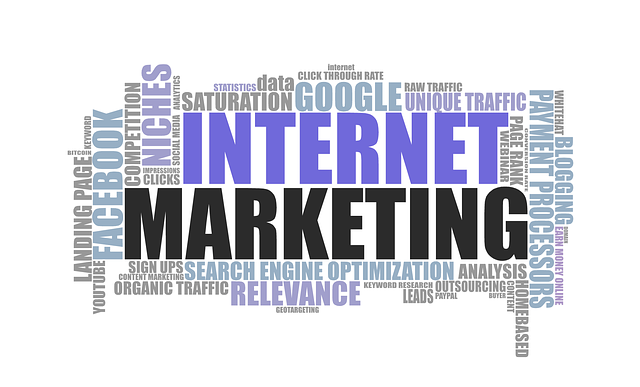The AI-driven supply chain revolution leverages advanced algorithms and machine learning to transform business operations. Key benefits include predicting customer churn, identifying inefficiencies, and making data-driven decisions with high accuracy. This enables real-time adjustments to inventory, demand forecasting, and logistics planning, enhancing operational efficiency and customer satisfaction. Specifically, AI customer churn prediction models analyze large datasets to identify patterns indicating customer intent to discontinue services, automating tasks and providing valuable insights that reduce costs and foster a responsive, resilient supply chain adaptable to market changes and demands.
“Welcome to the future of supply chain management, where Artificial Intelligence (AI) is revolutionizing every aspect from production to delivery. This article explores the transformative power of AI in shaping efficient and adaptive supply chains. We delve into three key areas: understanding the AI-driven supply chain revolution, utilizing AI for customer churn prediction, and implementing AI strategies for optimal management. By harnessing AI’s potential, businesses can stay competitive and meet evolving customer demands.”
- Understanding AI-Driven Supply Chain Revolution
- AI Customer Churn Prediction: A Game-Changer for Businesses
- Implementing and Optimizing AI for Efficient Supply Chain Management
Understanding AI-Driven Supply Chain Revolution

The AI-driven supply chain revolution is transforming how businesses operate and optimize their operations. By leveraging advanced algorithms and machine learning, companies can now predict customer churn, identify inefficiencies, and make data-driven decisions with unprecedented accuracy. This shift enables real-time adjustments to inventory management, demand forecasting, and logistics planning, leading to enhanced operational efficiency and improved customer satisfaction.
AI is revolutionizing supply chain dynamics by providing insights that were previously inaccessible. For instance, AI customer churn prediction models analyze historical data to identify patterns and trends, enabling businesses to anticipate customer behavior changes and proactively address potential issues. This proactive approach not only reduces costs associated with stock excess or shortages but also fosters a more responsive and resilient supply chain capable of adapting to market fluctuations and customer demands.
AI Customer Churn Prediction: A Game-Changer for Businesses

AI customer churn prediction is transforming how businesses approach their client relationships. By leveraging machine learning algorithms and analyzing vast datasets, companies can now identify patterns and trends that indicate a customer’s likelihood to discontinue their services or products. This capability allows businesses to proactively engage with at-risk customers, implementing targeted strategies to enhance satisfaction and retention.
Traditionally, churn prediction relied on manual, time-consuming processes that often fell short in accuracy. AI, however, automates these tasks, providing real-time insights and enabling more effective decision-making. From analyzing purchase history to understanding customer interactions through natural language processing, AI customer churn prediction is a game-changer, helping businesses minimize losses, optimize resources, and foster stronger customer relationships.
Implementing and Optimizing AI for Efficient Supply Chain Management

Implementing and optimizing Artificial Intelligence (AI) is revolutionizing supply chain management, enabling businesses to streamline processes and enhance overall efficiency. AI-driven systems offer a wealth of opportunities for predictive analytics, especially in forecasting demand and customer churn prediction. By analyzing historical data, market trends, and consumer behavior, AI algorithms can accurately anticipate product requirements, ensuring optimal inventory levels and reducing the risk of stockouts or overstocking. This precision leads to cost savings and improved customer satisfaction.
Furthermore, AI optimizes logistics by enhancing route planning, real-time tracking, and delivery management. Automated systems can identify efficient transportation routes, predict traffic patterns, and dynamically adjust schedules, resulting in faster deliveries and lower transportation costs. With its ability to process vast amounts of data quickly, AI ensures that every aspect of the supply chain operates seamlessly, from sourcing raw materials to delivering products to customers.
The integration of AI into supply chain management offers a revolutionary approach, enhancing efficiency and predicting customer preferences. By leveraging AI customer churn prediction, businesses can make data-driven decisions, ensuring optimal inventory levels and personalized experiences. As this technology advances, companies that adopt AI-driven strategies will gain a competitive edge in the market, fostering a more responsive and adaptive supply chain ecosystem.
